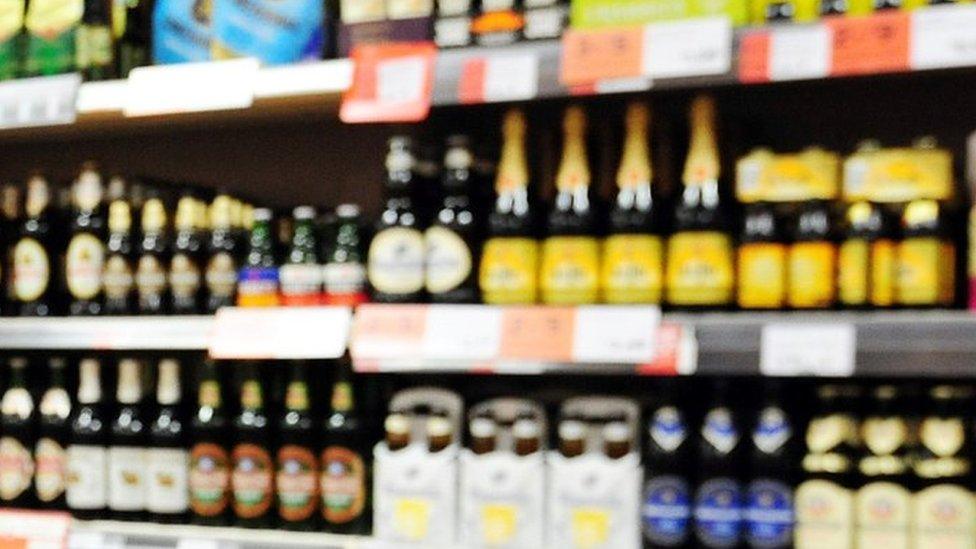Edinburgh woman wants to lead Scotland's 'sober revolution'
- Published
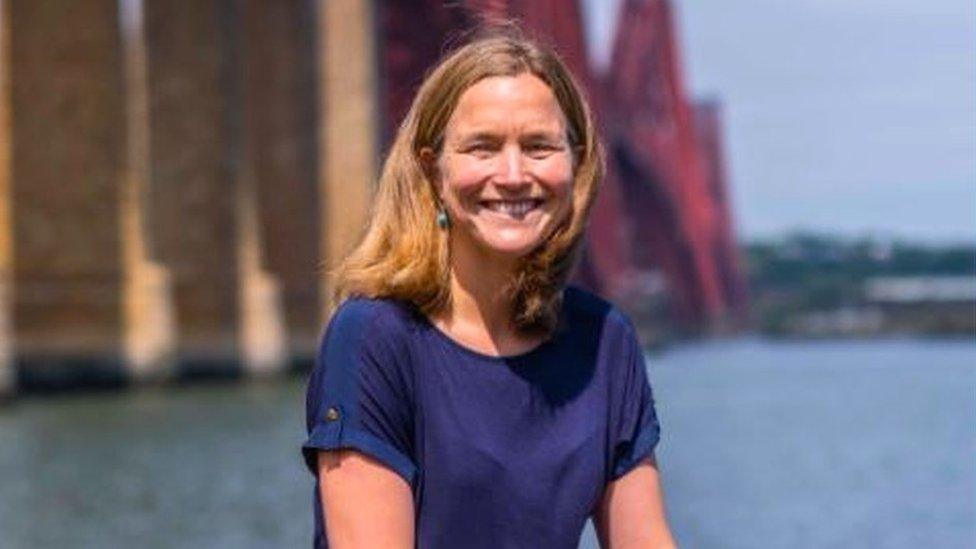
Sonja Mitchell wants to start Scotland's first alcohol-free brewery
Scotland - the land of the "wee dram", Hogmanay and comedy sketches urging people to "take a drink" - could soon have its first alcohol-free brewery.
In what some are calling the "sober revolution", a growing trend has seen many people cut down, or completely cut out alcohol.
Recent official statistics showed a third of 16 to 24-year-olds said they didn't drink.
And older consumers are also rethinking their drinking habits.
That's what happened to Edinburgh woman Sonja Mitchell.
The mother-of-three quit her job to launch her own alcohol-free brewery after realising she loved beer but not the hangovers they gave her.
She thinks her company Jump Ship is in tune with the general move towards drinking less or nothing at all.
Ms Mitchell told BBC Radio Scotland's Kaye Adams programme: "It started with a Tuesday night beer. I used to love a beer on a Tuesday night when the kids were in bed, but even after one or two I was feeling scratchy and irritable on Wednesday morning.
"I didn't want to give up my beer. I loved the flavour, I just didn't want the alcohol."
She tried a few on the market but could not find the beer that she wanted to drink. So she decided to develop her own.
Tide is turning
She said: "In nine months I have learned how to brew beer and how difficult it is to brew it really well.
"There's a huge trend towards people, myself included, drinking less alcohol but I didn't want to miss out on the taste of a good beer.
"For years, the alcohol-free choices on offer have been pretty dismal and while it's starting to improve, there's still a long way to go."
She did a start-up brewing course then found someone who knew about brewing beer and worked on her recipes.
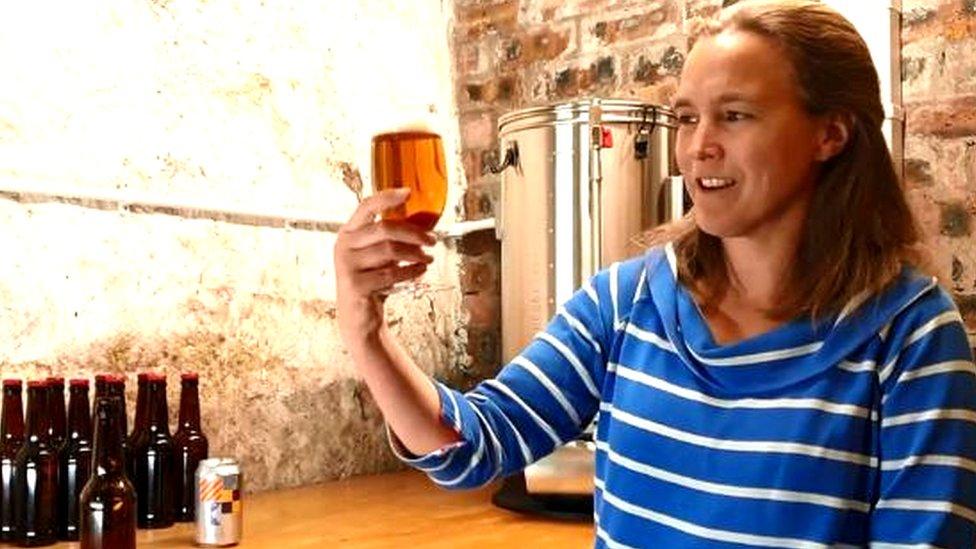
Sonja Mitchell wants her alcohol-free beer to have all that a full-strength beer would have, just not the alcohol
She said: "This beer has 0.5% alcohol, the same amount as a large ripe banana. A bottle has only 40 calories, B vitamins, and it is isotonic.
"The taste is as complex as a good beer and you can drink as many as you would an alcoholic beer."
Author Catherine Gray quit alcohol when she realised she was drinking too much - up to eight bottles of wine a week.
She says the tide is turning on alcohol.
She likes the idea of more choice in the alcohol-free drinks sector.
She said: "When you first quit drinking you want to blend in, you don't want to stand out, or be conspicuous and if that helps you do that then go for it."
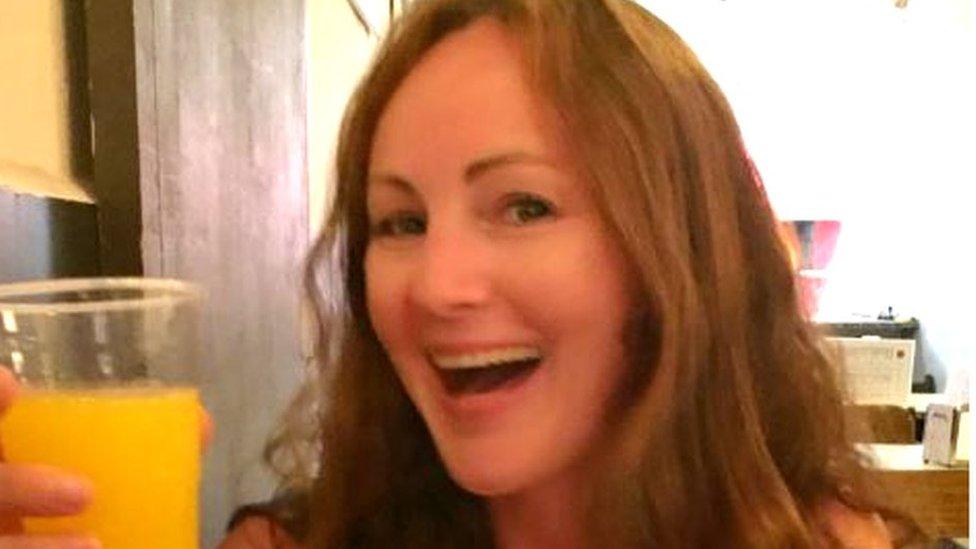
Catherine Gray gave up drinking six years ago
She wrote The Unexpected Joy of Being Sober after giving up drinking six years ago.
She said: "We are undergoing a 'sober revolution'. There's a shift and I think in 10 to 20 years' time it could be half-and-half.
"Back in the 80s, 90s and noughties people had to define themselves as non-smoker.
"Now it's as a smoker because non-smoking is the norm.
"Soon it could be that people will stop having to call themselves a non-drinker and will identify as a drinker instead."
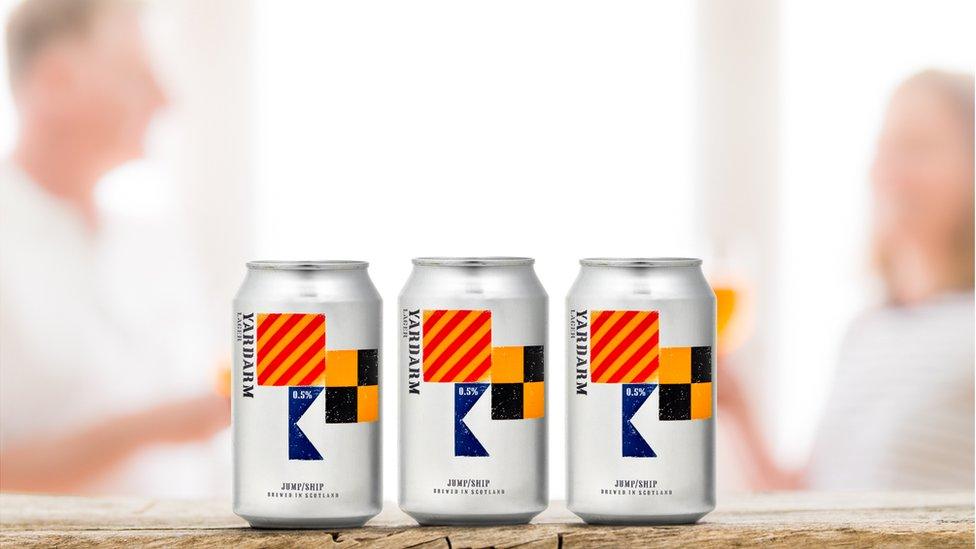
Minimum price laws appear to have led to a reduction in consumption
Figures exploring the effects of Scotland's minimum pricing legislation have also further dented Scotland's hard-drinking image.
Last week, it emerged that setting the minimum price of 50p per unit of alcohol has been followed by a reduction in drinking - by the equivalent of just over half a pint of beer or a measure of spirits per person per week.
Scotland was the first country in the world to introduce a minimum price based on the strength of alcoholic drinks.
Research findings have led to calls for the policy to be adopted across the UK.
Wales is looking to introduce minimum pricing in 2020, but neither England nor Northern Ireland currently have plans to set a limit.
Alison Douglas, chief executive of Alcohol Focus Scotland said: "It's encouraging that there is an increase in the numbers of people choosing not to drink - and actively talking about the benefits. However, in Scotland more than a quarter of us are regularly drinking above the Chief Medical Officers' low-risk guidelines of 14 units a week, and we're still seeing considerable harm as a result of drinking too much.
"Low and no alcohol products can be helpful for some people in cutting back on how much they are drinking. Any reduction to how much alcohol we are consuming in Scotland is a step in the right direction."
She urged: "If you're concerned about how much you're drinking it's important to seek help - talking to your GP who may offer advice and support is a good starting point."
- Published10 October 2018

- Published22 June 2018
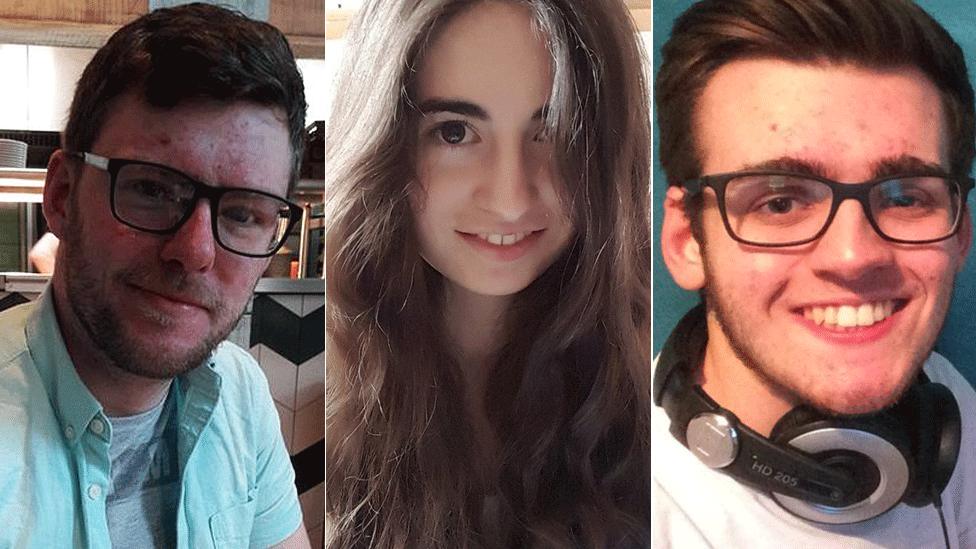
- Published1 June 2019
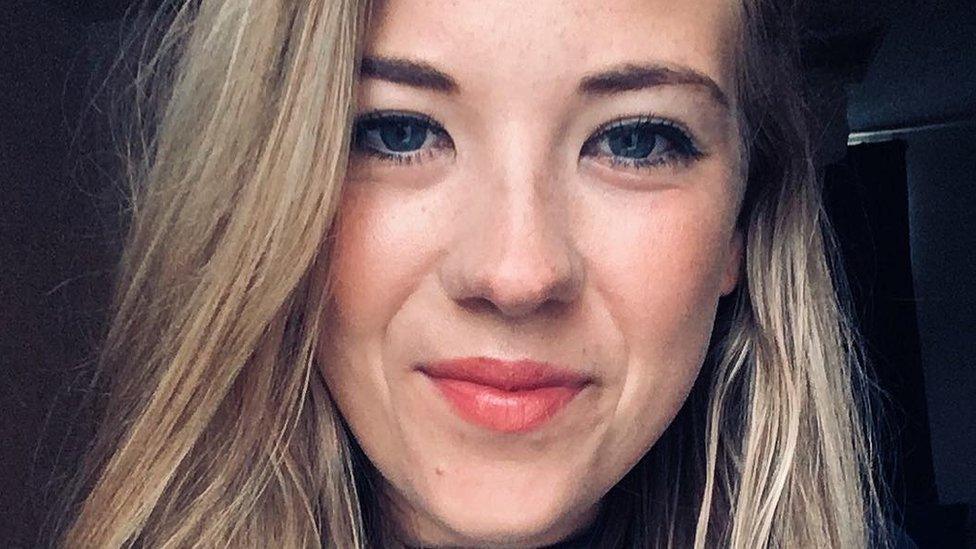
- Published26 September 2018
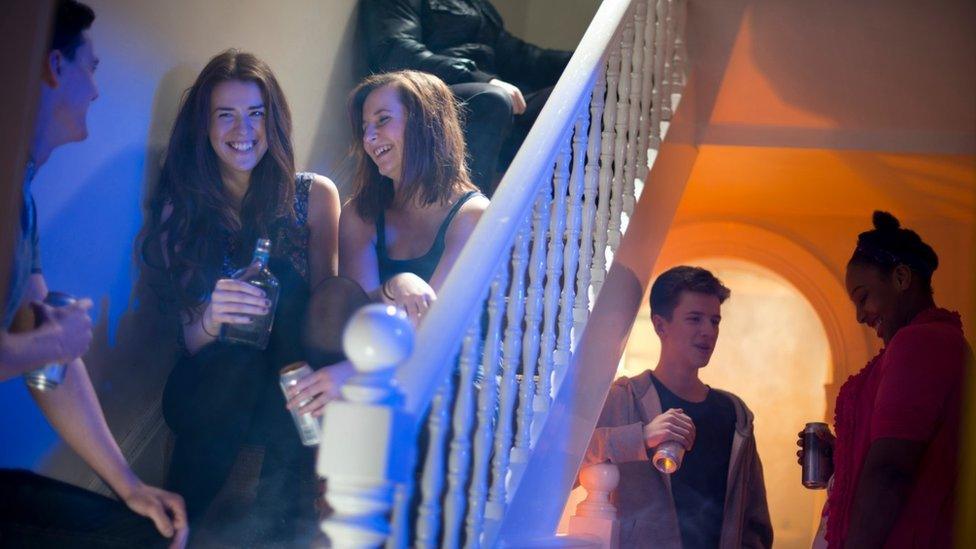
- Published26 September 2019
